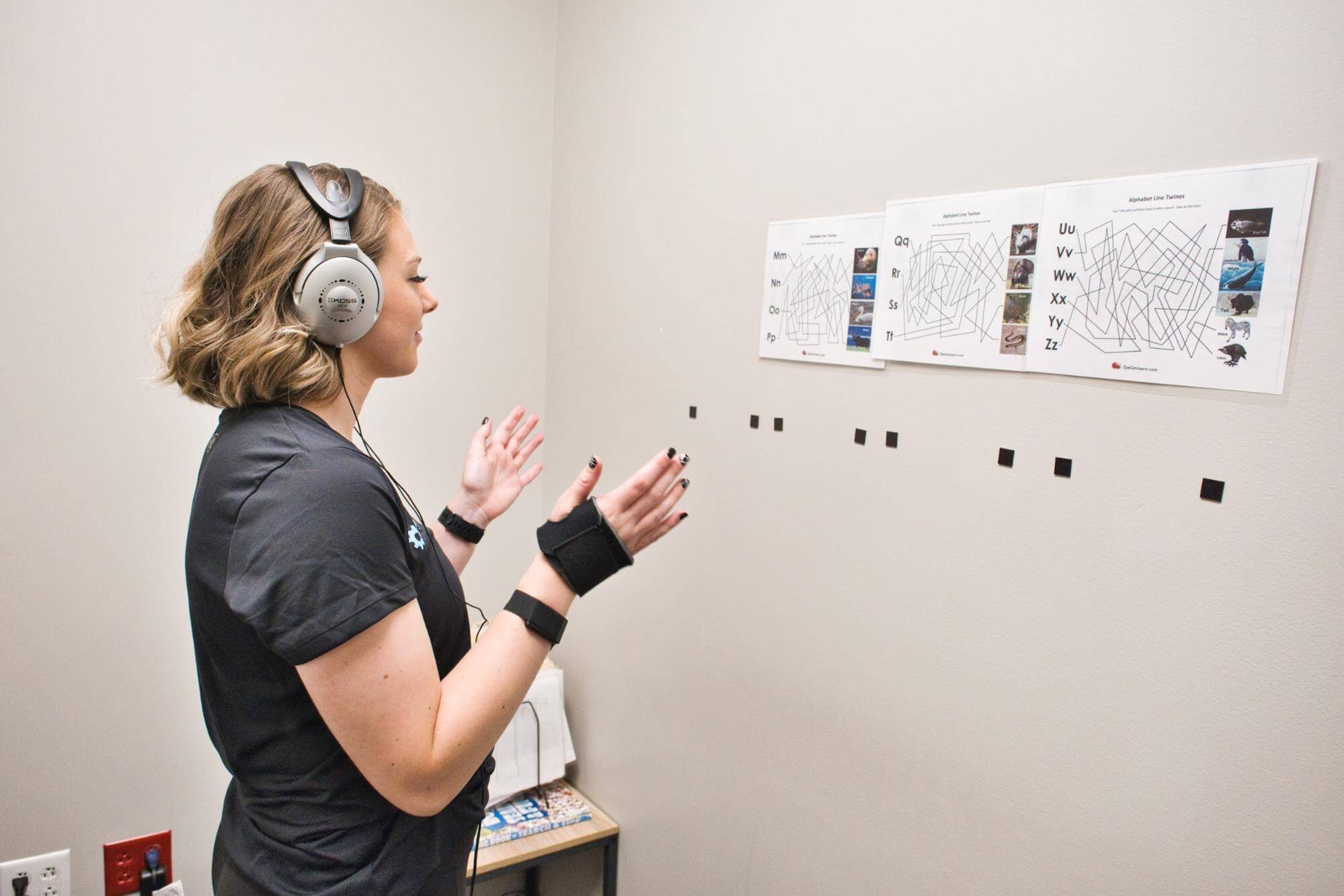
You can consider joining a clinical trial, but there are other things you can do to help your COVID brain fog that you can start right now. Soon, centers will start recruiting participants.


The center is also studying a home medical device that uses electric currents for brain stimulation. These include cognitive training programs that have also been used to treat other medical conditions like multiple sclerosis and traumatic brain injuries. And right now there’s no medication to treat brain fog.īut the National Institutes of Health (NIH) recently funded a program called RECOVER-NEURO to test whether three treatments can help with COVID brain fog. There’s no way to clear these symptoms fast. You might wonder if you’ll ever feel like yourself again. COVID brain fog treatment: What should you do if you’re experiencing brain fog?Įxperiencing cognitive symptoms can be scary. And most of these people weren’t sick enough to go to the hospital. In fact, in one study, half of all people experiencing long COVID symptoms also reported brain fog. It’s also important to point out that even people with mild COVID-19 symptoms have developed brain fog. That means, worldwide, tens of millions of people may be experiencing neurological symptoms. One small study found that about 7% of people developed neurological symptoms after COVID-19 illness. It’s not clear how many people develop brain fog after having COVID-19. Get easily annoyed or have a shorter temper Need to concentrate harder to complete tasks If you’re not sure if what you’re feeling is brain fog, here’s what COVID brain fog can feel like: While some people recover within a few weeks to months, other people are still experiencing COVID brain fog even almost 2 years later. There hasn’t been enough time to know whether all people recover from COVID brain fog. So while some people may recover within weeks, others may experience brain fog for months. Neurological symptoms, including brain fog, can last longer for some people than others.

This same study showed that many people still had at least five symptoms of brain fog 18 months after they recovered from COVID. One study showed that people’s symptoms didn’t improve until 9 months after having COVID. Research shows that COVID brain fog can last for months after a person recovers from the illness. So it’s possible that the virus that causes COVID itself is attacking the brain and the result is a group of symptoms that can be described as brain fog. These changes are visible in imaging studies that measure brain size and activity. These three things affect how people think and process information - these are key characteristics of brain fog.Īnd while research is ongoing, newer studies show that COVID-19 can damage brain cells and change how the brain sends and receives signals. The immune system can go into overdrive during COVID-19 and attack the brain. The virus that causes COVID-19 leads to inflammation of the brain. But researchers are looking into several theories.

It’s not clear why some people develop brain fog after having COVID. But COVID really brought brain fog into the limelight because it’s affected so many people. People with other health conditions - like chronic fatigue syndrome as well as people receiving chemotherapy or going through menopause - often experience brain fog, too. People with COVID brain fog may experience symptoms like:ĬOVID isn’t the only medical condition linked to brain fog. This makes it harder to make decisions and complete tasks, which can get in the way of work, school, and everyday activities. People experiencing COVID brain fog can feel like their thinking is slowed or muddled. But it’s a popular term used to describe changes in someone’s mental clarity and ability to think or process. Studies show that having COVID can trigger brain fog.īrain fog isn’t an official medical diagnosis. Here’s what to expect if you have COVID brain fog and what you can do to improve your symptoms. So if you’ve noticed that you’re less alert or having trouble paying attention, it may be a sign you have post-COVID brain fog. In fact, it’s one of the most common symptoms of long COVID. Many people experience brain fog after having COVID-19. If you’ve recently recovered from COVID-19 and find yourself taking longer to complete tasks or having trouble thinking through a problem, you’re not alone.


 0 kommentar(er)
0 kommentar(er)
